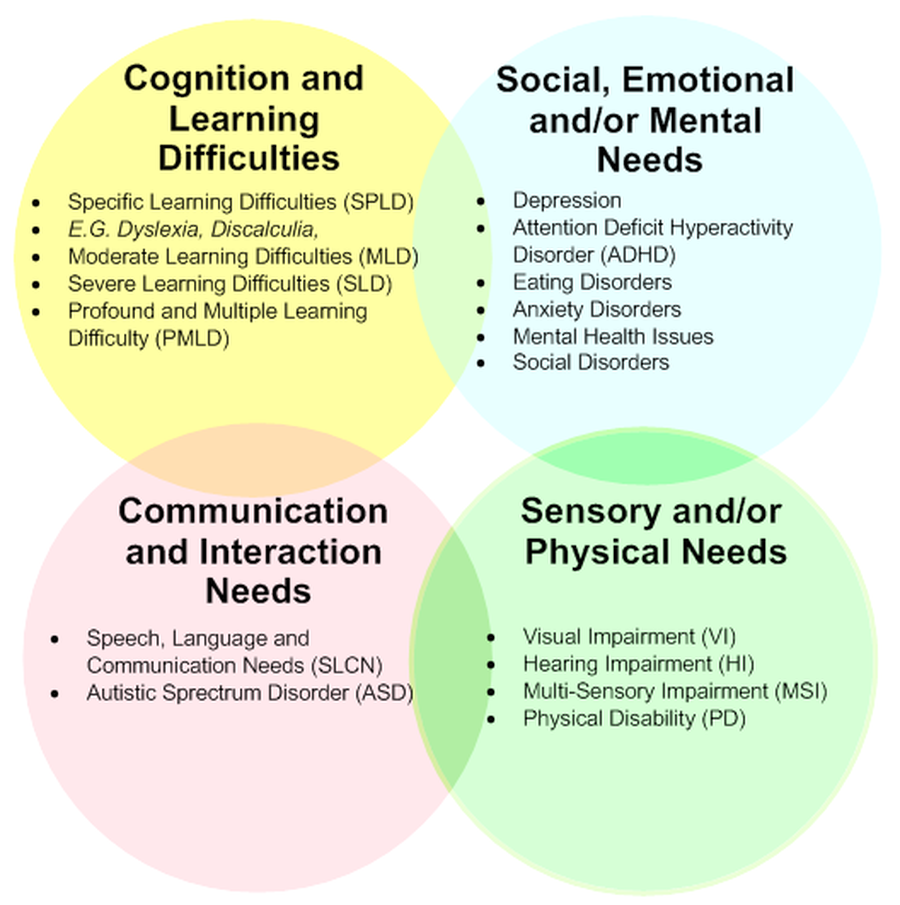In my opinion, education empowers children to become responsible citizens and transform society, making it crucial for educators to address the diverse needs of every student. In our today's classrooms, in Puerto Rico and in the rest of the world, children with various learning needs, such as visual impairments, autism, and attention-deficit hyperactivity disorder, require an inclusive approach to prevent isolation and exclusion.
As a Certified Assistive Technology Instructional Specialist I consider sensory stimulation, such as sounds, can help visually impaired students perceive their surroundings, while calling them by name fosters inclusion. Assisted technology, including tablets, computers, and screen readers, enhances learning for students with disabilities by improving communication and participation.
Also, adapted reading activities and shared reading sessions cater to the individualized needs of autism learners, while peer tutoring and coaching motivate ADHD students, creating a supportive classroom environment. By embedding differentiated instruction, which incorporates various strategies, we can meet the diverse needs of all students, promoting inclusivity and diversity in the classroom. It means a lot of work, but at the end it worth it.
Knowledge is key for us as teachers.
Best,
Mr. Bryan
 
